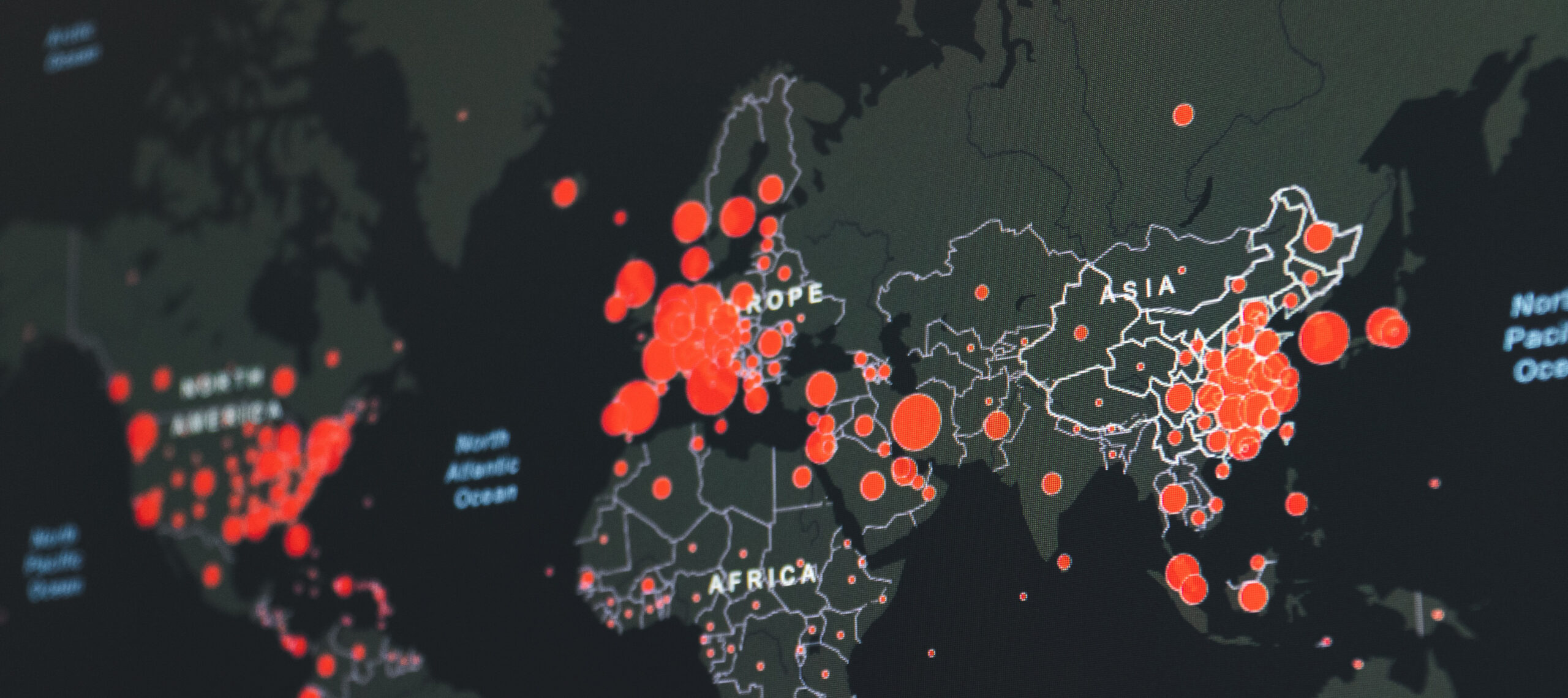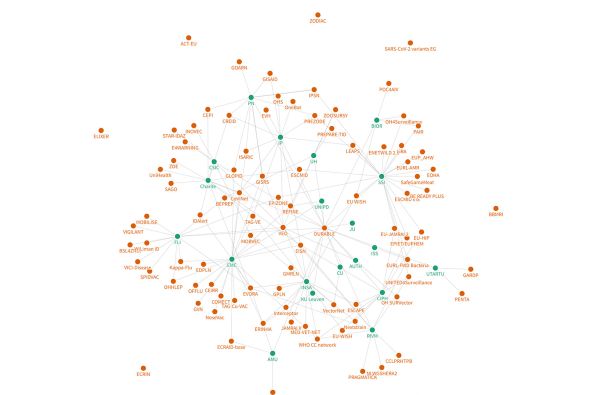DURABLE
DURABLE

Delivering a Unified Research Alliance of Biomedical and public health Laboratories against Epidemics
DURABLE in figures

Duration 4 years

Budget 30M

19 Partners &
2 Affiliated Entity

170 Experts

48 Tasks

10 Specific Objectives

17 Milestones

29 Deliverables
DURABLE in figures

Duration

Budget

19 Partners & 2 Affiliated Entity

170 Experts

48 Tasks

10 Specific Objectives

17 Milestones

29 Deliverables
Durable coordinator
Dr. Jean-Claude Manuguerra | Institut Pasteur, FR
“Our network DURABLE represents an important step in improving Europe preparedness and readiness to pandemic and other large-scale health threats”
About the project
Outbreaks of infectious diseases are increasing due to multiple local and global interaction changes disrupting the fragile balance of the complex human-animal-environment ecosystem. The increased frequency and complexity of health threats require a different, unified form of preparedness and a coordinated, fast, reliable and effective emergency response.
DURABLE is a tailored solution to this recognised need – a strong network of world-class basic and translational research institutes and public health centres across Europe with an outstanding track record in public health support with global reach. DURABLE aims to provide high-quality scientific information in record time to support HERA’s decision-making in preparing for and responding to cross-border health threats and assessing the impact of countermeasures.
DURABLE will coordinate a global collaboration, from pathogen detection, evolutionary analysis and threat characterisation, with One Health approach, to data and information collection and sharing, for optimal threat response. DURABLE is a unique multidisciplinary consortium with complementary expertise to meet this challenge and build productive interactions with HERA and other stakeholders.
Due to their outstanding track record and experience in the field, the DURABLE consortium is competent from day one. DURABLE will develop and validate a roadmap for rapid deployment of key countermeasures, test the robustness of the network, and assess key aspects of its emergency mode when simulating or dealing with identified threats. Additionally, DURABLE will focus on long-term sustainability by focusing on capacity building, training the next generation of researchers and developing pandemic preparedness training modules for the network and beyond.
Project objectives
DURABLE will be a one-stop shop for diagnostics, research, preparedness and response to current and future health threats for the benefit of citizens in the EU and worldwide.
DURABLE will establish a sustainable network of laboratories and research institutes that can address the barriers of better preparedness, and provide alerts, real-time scientific data and integrated analyses to HERA.
DURABLE will develop and use both non-targeted and targeted methods for identification of known and new threats
DURABLE will coordinate, integrate, analyse and share the output for rapid and direct use in public health decision making.
DURABLE will develop targeted studies to guide further evidence gathering in response to alerts
co-coordinator
Dr. Marion Koopmans | Erasmus Medical Center, NL
“DURABLE will be uniquely positioned to support HERA in responding to future health emergencies, by providing timely scientific intelligence and by translating them into operational recommendations”

